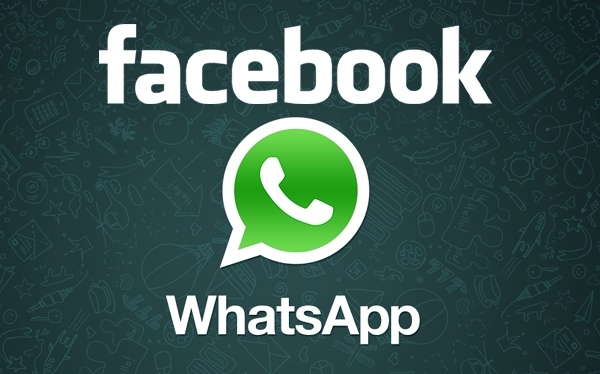Facebook's WhatsApp Acquisition - Pros And Cons
Facebook's recent deal to buy mobile messaging company WhatsApp Inc shocked many Silicon Valley insiders, mainly due to the huge price tag, which the social networking giant agreed to pay. The $19 billion deal, which includes $3 billion in restricted stock, is in line with Facebook's plan to become a mobile company, leading news agencies commented.
But what does the acquisition mean to WhatsApp?

In a blog post, WhatsApp co-founder and CEO Jan Koum stressed that the deal would lead to no changes at all for his company's users. Moreover, the transaction will enable the company to continue its mission of "building a cool product used globally by everybody," while also growing and expanding, he said. WhatsApp will operate independently and will preserve its product portfolio. It will also add new features in the next one to two years, Koum said during a call with investors.
Facebook co-founder and CEO Mark Zuckerberg explained that his company would not monetise messaging systems via ads. This means that no ads will appear on WhatsApp.
Another positive aspect is that the use of WhatsApp together with Facebook's Internet.org plans will result in increased connectivity, Digital Spy commented.
On the other hand, there are certain disadvantages stemming from the acquisition. WhatsApp users will probably be required to have a Facebook login. This means that WhatsApp will gain access to more personal information. After all, Facebook will at least obtain users' mobile numbers, as the subscription for WhatsApp requires them, Digital Spy added.
